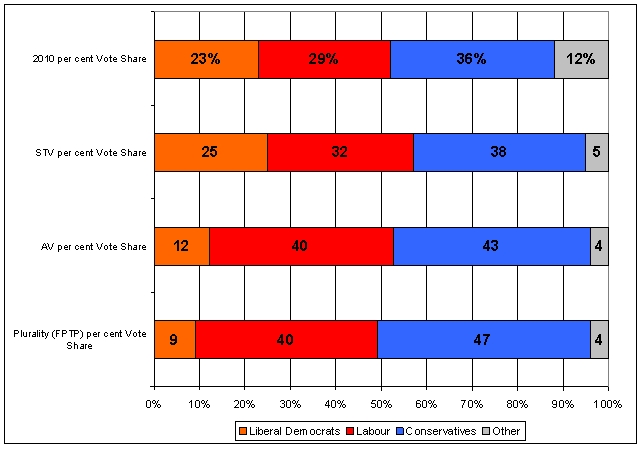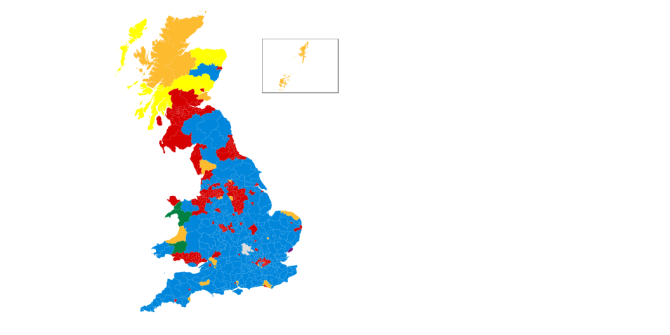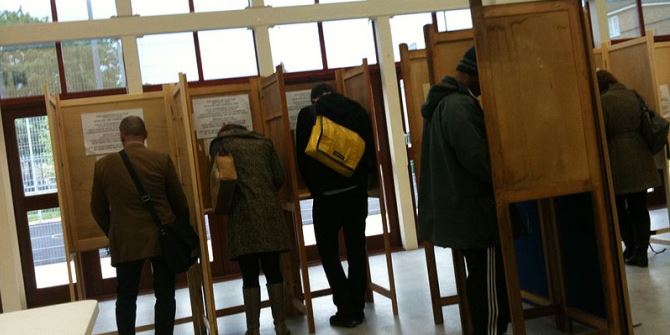Labour and the Conservatives are both proposing to employ a tougher approach to immigration if they win the election. But, as Alice Bloch and Sonia McKay explain in this article, there are limitations to ever more punitive approaches to control.
In the run up to the general election, the main political parties have released pronouncements on immigration focusing on borders, rights and undocumented migrants. It is clear from these that both Labour and the Conservative party have once again misunderstood how immigration works and the limitations of ever more punitive approaches to control. Labour pledges to increase the number of border staff by 1,000 and to carry out more rigorous monitoring of entry and exit. In this they are only outflanked by UKIP who are pledging 2,500 extra staff. The main tenet of policy is to tackle the ‘failures’ of the Conservative party in relation to not properly tracking who is coming in and out of the country, the solution being the re-introduction of exit checks and fingerprinting those who arrive through Calais. Labour claims that more people are ‘absconding’ but provides no evidence for this assertion nor is there reliable evidence given the hidden nature of some entry routes.
Our research with undocumented migrants demonstrates that these kind of policies will not deliver what the parties want for a number of reasons, but that what they do deliver is potentially even more discriminatory and xenophobic practices, guaranteed to increase the marginality of those already in positions of extreme vulnerability. It will also create further divisions based on hierarchies of status and rights, and has the potential to increase a sense of exclusion among established minority ethnic populations already living here.
First, it demonstrates an unwillingness to properly engage with the realities of situations that lead people to move, sometimes without documents or by using documents and visas that are not their own and subsequently remaining in the UK once the visas have expired. Our recent research project, Undocumented Migrants, Ethnic Enclaves and Networks, found that more than four in ten of those whom we interviewed had either entered the UK clandestinely or with constructed documents. Labour’s policy of monitoring exit ignores this crucial fact.
Reducing the opportunities for regular migration does not deter migration but has created a market that offers more dangerous, difficult and costly journeys which are borne by migrants without documents. Moreover, once in the UK migrants are left more susceptible to exploitative working conditions, including forced labour.
The Conservative party takes a position on those undocumented migrants already in the UK, talking about cracking down on the ‘abuse of the immigration system’ by making it ‘much tougher for illegal immigrants to remain in the UK’. Added to the already existing restrictions and/or sanctions relating to work, accommodation, benefits and bank accounts, some of which were introduced as recently as 2014, the manifesto again returns to the issue of healthcare, leaving little doubt that the plan is to cut all healthcare. There is no acknowledgement in the manifesto about the severe public health implications of excluding certain groups from access to healthcare. Our research found that even at times of ill health, many of those who were undocumented had not sought treatment from the NHS. Given that a number of our interviewees had formed their families while in the UK, such policies raise a scenario for us of a future cohort of children who have not been immunised, effectively putting wider health at risk.
Nor is there any recognition of the impact on social cohesion of policies like these, which appear to target specific groups. Our interviews with migrant employers show that government policies create suspicion between employers who have been raided and do not know why this has occurred and who the potential informants might be. It creates wider tensions and produces an ‘othering‘ experienced not just by those who are undocumented but by the communities in which they struggle to survive.
Labour is talking about trying to reduce low skilled migration while still attracting university students and high skilled workers. This ignores the realities of the labour market where more jobs are being created at the less skilled end, often part-time, increasingly on zero hours contracts and rarely paid more than the national minimum wage. In our research, and in other studies, it is clear that immigration policies result in de-skilling and this has a negative impact on development in the short and longer term, both for the UK and for countries of origin. Low paid work reduces remittances abroad and lowers income to the state here through less taxation. Continuing this hierarchy of what represents a desirable migrant and who is ‘undesirable’ feeds on existing divisions in society between those who are accepted and those who are not, with desirable characteristics being identified through skin colour and language.
What we also know is that the most excluded workers have no choice but to work in the informal economy. Thus Labour’s promise to enforce the national minimum wage more, while welcome, does not address the fact that those without status (and some with status) are excluded from exercising any employment rights. None of the main political parties are addressing the disjuncture between status and rights and are choosing to ignore the importance of the rights of all workers regardless of status. Just as we have argued above, by excluding some from healthcare rights deprives us all, so too does excluding some workers from employment rights. In the end creating a population that cannot enforce rights makes all of us weaker.
The only party that offers at least some recognition of the reality of migration and the need for a complete refocusing appears to be the Green party. While they in no way go as far as we believe is necessary, the party at least recognises the need to reduce immigration controls and, with conditions, to enable undocumented migrants to remain in the UK with a regular status. They also promise specific rights to asylum seekers, a group which the other parties ignore.
In sum, the main parties continue to represent a race to the bottom, ignoring the reality of migration in a globalised and unequal world.
Note: This article gives the views of the authors, and not the position of the General Election blog, nor of the London School of Economics. It is based on the ESRC funded project, Undocumented Migrants, Ethnic Enclaves and Networks: Opportunities, traps or class based constructs? (ES/I037490/2). Please read our comments policy before posting. Featured image credit: UK Home Office CC BY 2.0
Alice Bloch is Professor of Sociology in School of Social Sciences at the University of Manchester.
Sonia McKay is Professor of European Socio-Legal Studies at the Working Lives Research Institute, London Metropolitan University.








